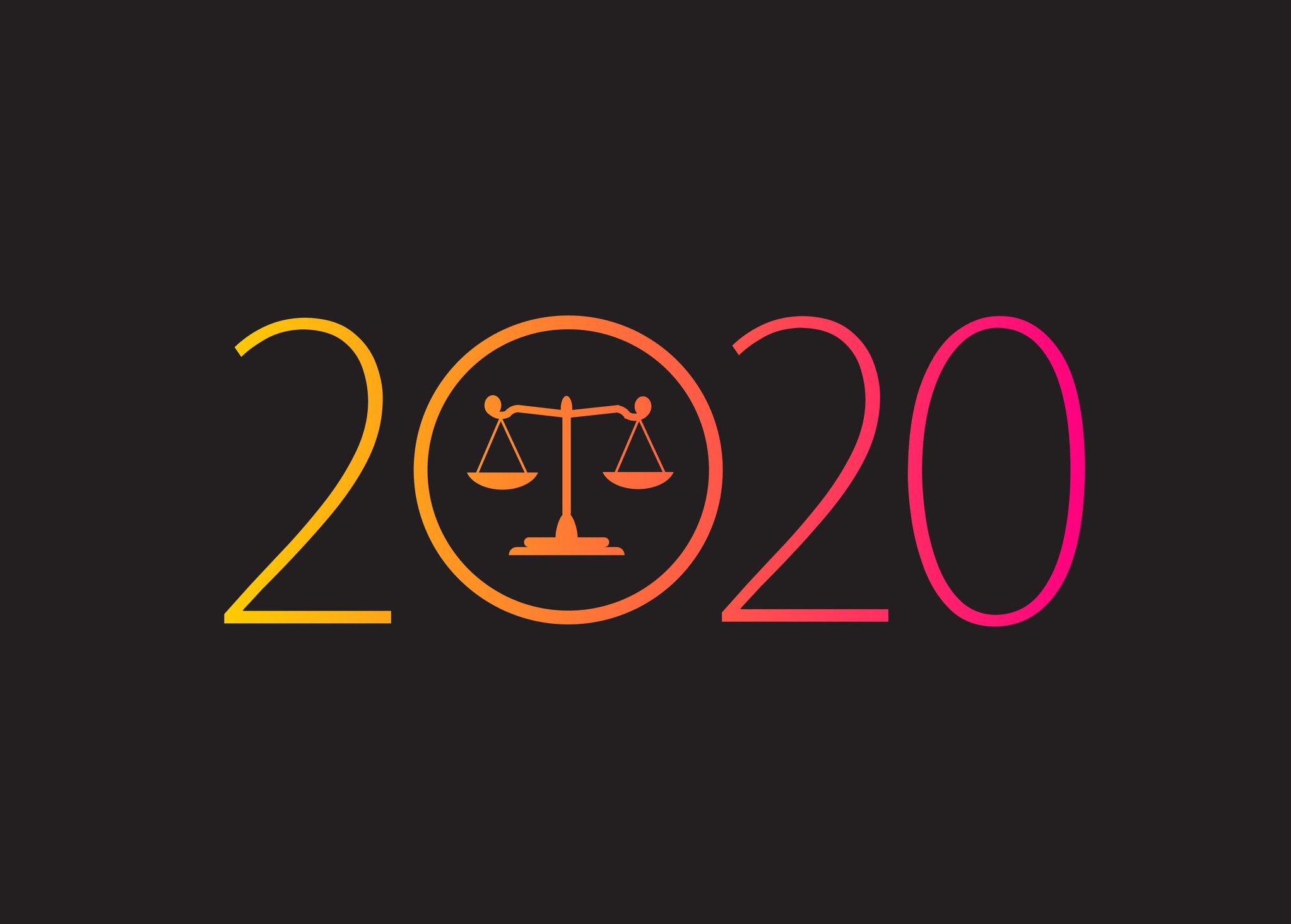
Donald Trump ended 2019 by signing a 2020 spending bill that includes the Setting Every Community Up for Retirement Enhancement (SECURE) Act. It’s the biggest piece of retirement legislation to be passed in years and it will undoubtedly have a major effect on how many Americans approach retirement and estate planning. This month we’ll cover each part of the new law in depth – for now let’s start with a general overview of what’s in the law.
The age for required minimum distributions increases to 72.
Previously, Required Minimum Distributions from traditional 401(k)s, IRAs, and other qualified retirement plans were due starting at age 70 ½. Now retirees can wait until age 72 to start withdrawing from their accounts. This means funds have a bit more time to grow tax-free. It could help those who might incur a higher tax burden from RMDs by delaying them. Also, the rule prohibiting IRA contributions after age 70 ½ was eliminated, so workers can contribute to their IRA for as long as they earn income.
Inherited IRAs must be depleted within 10 years.
The “stretch IRA” option for non-spouse beneficiaries was eliminated, and it could mean major changes to your estate plan. Rather than having the option to take Required Minimum Distributions based on their own life expectancy, IRA beneficiaries must deplete the account within 10 years. This means potentially missing out on years of tax-free growth and an increased tax burden. It may help to revise your estate plan and to have a plan to make the most of your RMDs.
Part-time workers can participate in 401(k) plans.
Employees must typically work 1,000 hours per year in order to participate in a 401(k) plan. Now employees must only work 500 hours for three consecutive years. While this is meant to encourage 401(k) participation, it’s not mandatory for employers to provide the option and the rule won’t go into effect until 2021.
New parents can take penalty-free withdrawals.
Parents can now withdraw up to $5,000 from a 401(k), IRA, or other qualified retirement plan within a year of a birth or adoption. There is normally a penalty for withdrawals taken before age 59 ½.
Big changes are here, and your retirement and estate plans could need updates. The Secure Act is the biggest piece of retirement legislation to be passed in years – don’t assume you won’t be affected. At O’Donnell Financial Group, we can help you understand how your retirement and estate plans can respond to these changes. It’s a new year with new laws, and we’re always here to keep you updated – click here to sign up for complimentary financial review to find out how you can prepare your financial plan for these changes.







